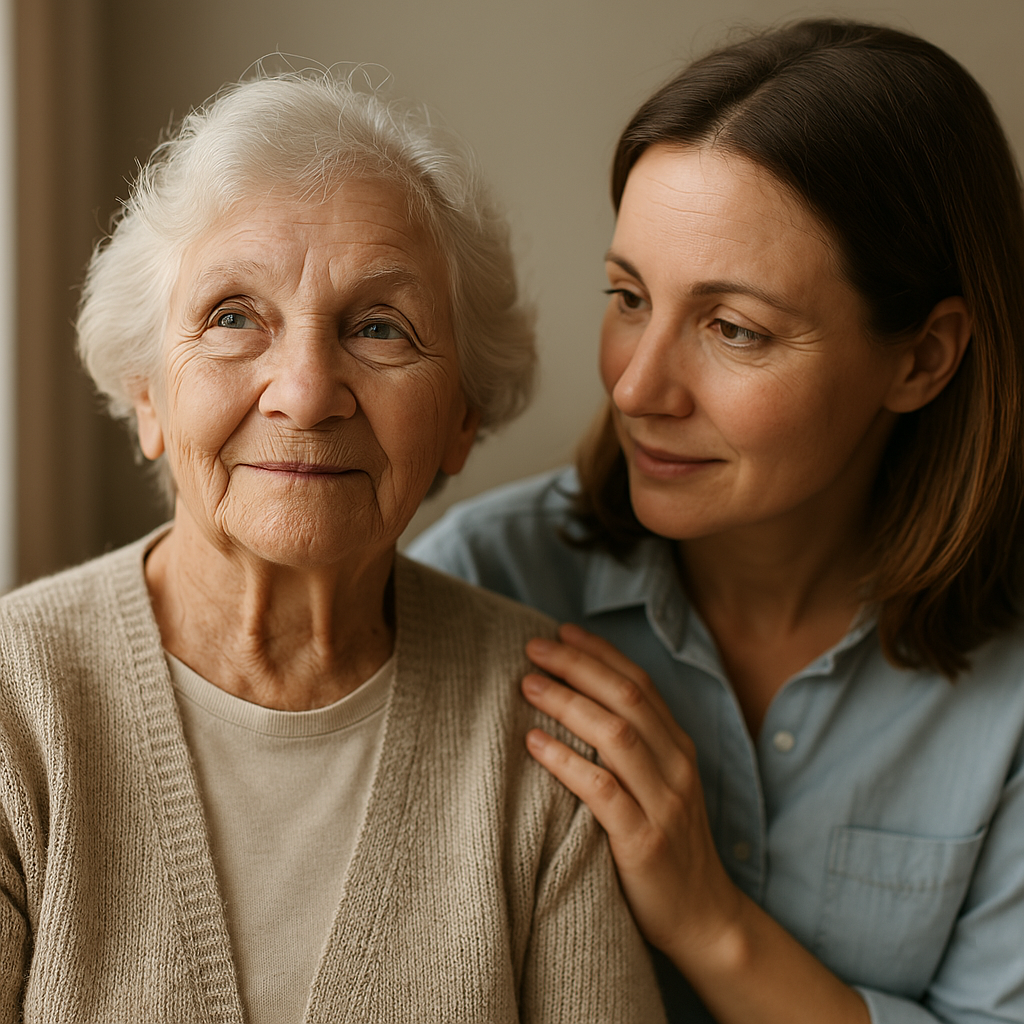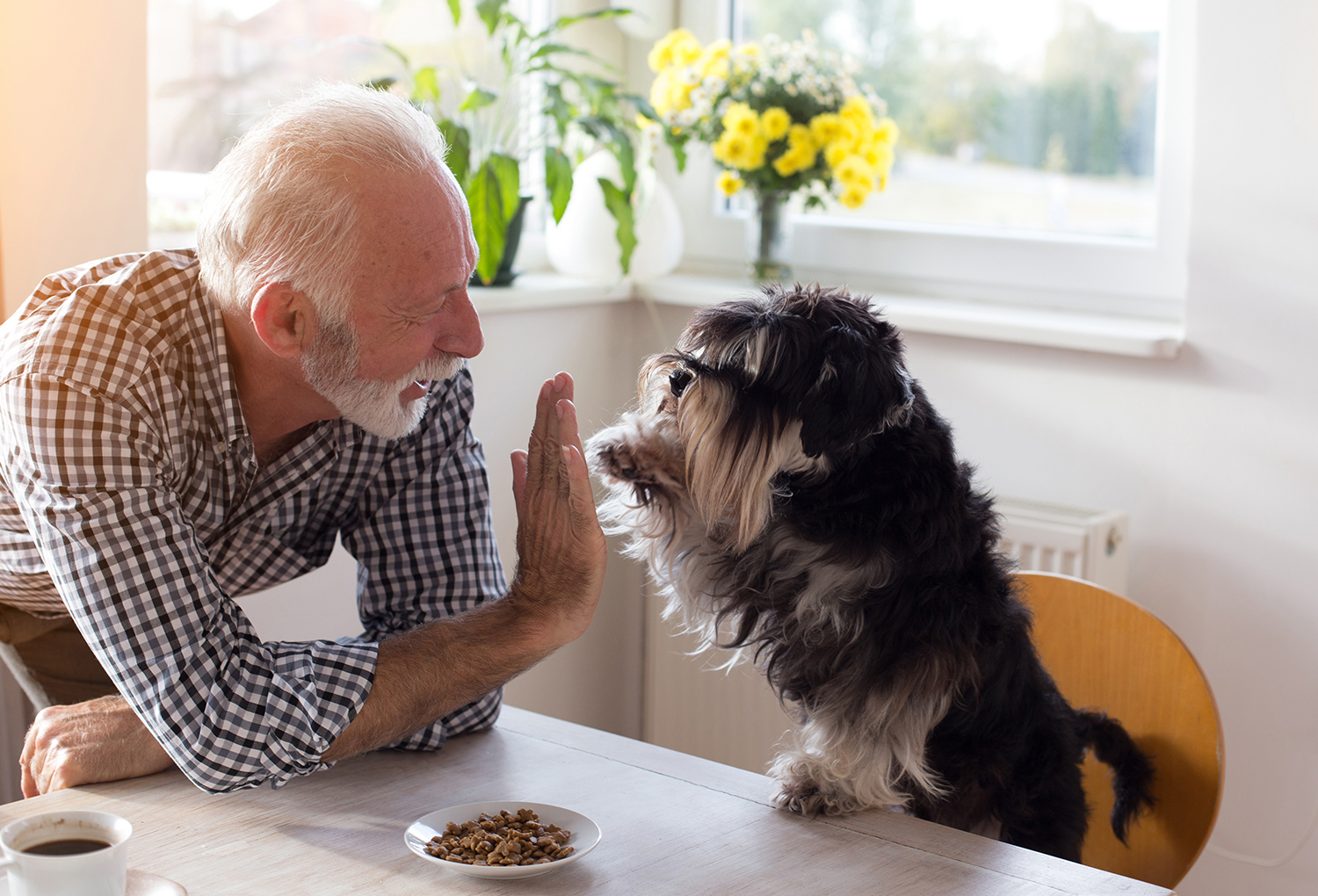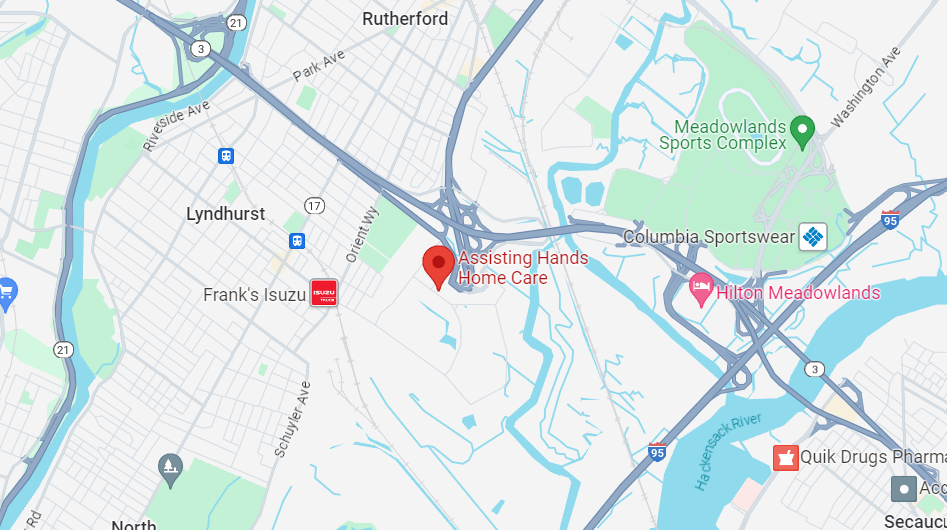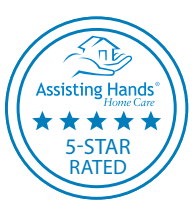Per the American Cancer Society, lung cancer is most commonly diagnosed in people aged 65 and older. Since most seniors with this condition spend the majority of their time at home instead of the hospital, family caregivers have ample opportunities to support them using these 10 ways.
Key Takeaways:
Lung cancer primarily affects seniors, with the average age of diagnosis being 70. Family caregivers play a crucial role in supporting elderly loved ones with lung cancer, employing various strategies such as providing healthy meals, managing treatment side effects, assisting with household chores, and offering emotional support. It’s important for caregivers to also maintain their own well-being to effectively care for their loved ones.
How common is lung cancer?
Excluding skin cancer, the second-most common cancer among Americans is lung cancer, after prostate cancer in men and breast cancer in women. The American Lung Cancer anticipates about 234,580 new cases of lung cancer in the United States in the year 2024.
Lung cancer is a disease primarily affecting the elderly. The average age at which lung cancer is diagnosed is 70. Causing around 125,070 deaths per year, it is the leading cause of cancer deaths in the US. Lung cancer results in more deaths than breast, colon, and prostate cancers combined.

What are symptoms of lung cancer?
While smoking cigarettes or being exposed to their smoke increases the risk of an individual developing lung cancer, the disease can strike in people who have never smoked. Symptoms rarely appear early on. Only when lung cancer advances does it produce a range of health symptoms.
Symptoms may be present in the lungs and cause chest pain, a new cough that fails to resolve, hoarseness, shortness of breath, wheezing, and coughing up blood. If the lung cancer spreads to other parts of the body, seniors experience bone pain, headache, loss of appetite, and facial swelling.
How do family caregivers support the senior?
1. Use a Team Approach
When the senior lives with stage III or IV lung cancer, they will need help with the activities daily living as well as medical care and emotional support. Create a care team of family, friends, and home care professionals to ensure their needs are met.
2. Serve Healthy Meals
Foods rich in vitamins and nutrients, like proteins, grains, and healthy fats, support the immune systems of seniors with lung cancer. A well-balanced diet is shown to improve treatment tolerance, helps the patient sustain strength during treatment, and accelerates their recovery.
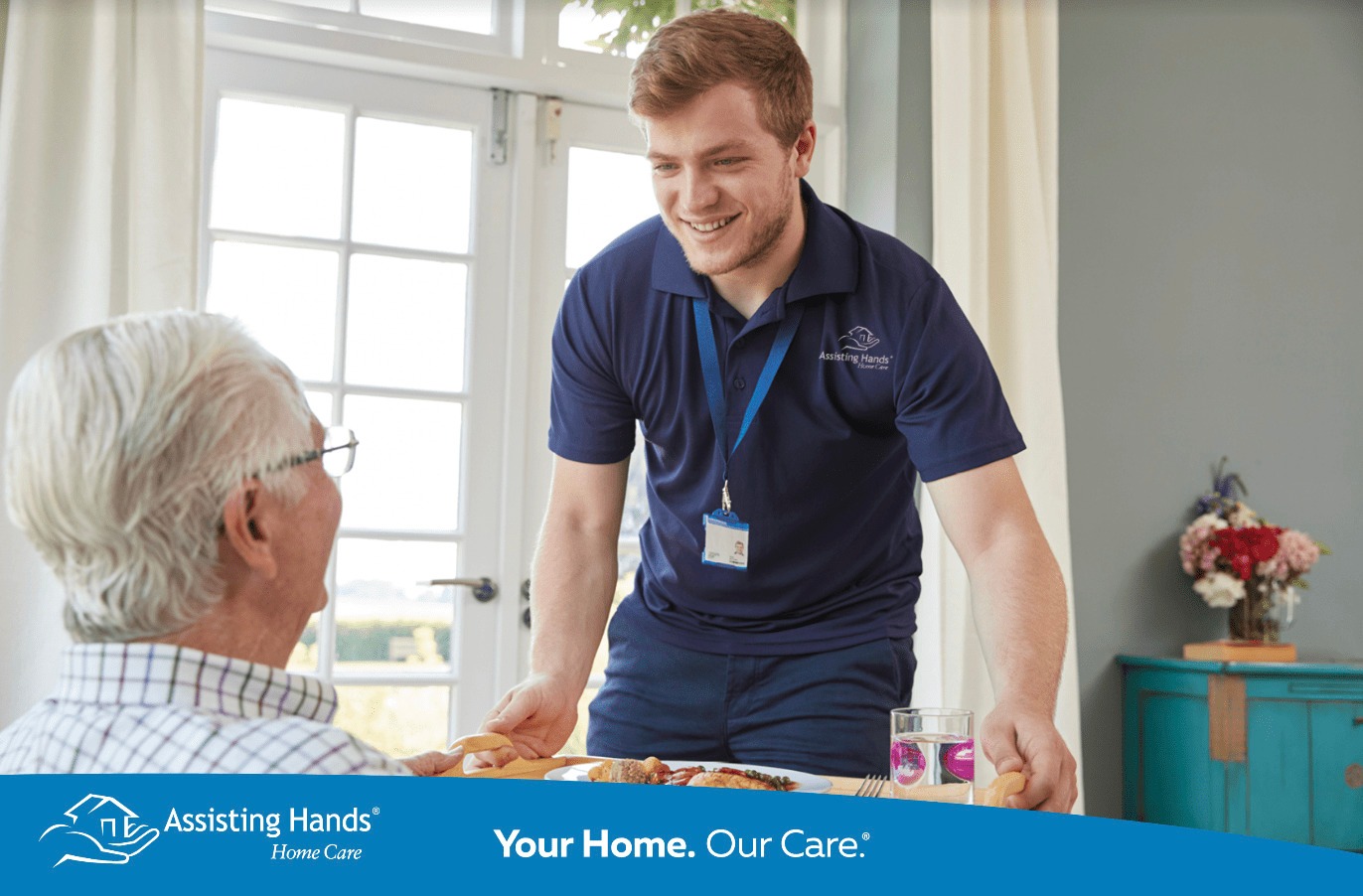
3. Alleviate Treatment Side Effects
Side effects of lung cancer treatment include nausea, weight loss, dehydration, and loss of appetite. Caregivers can manage the senior’s discomfort by serving small, frequent meals and snacks that are calorie-dense, like peanut butter or cheese. In lieu of plain water, serve sports drinks or juices.
4. Encourage Relaxation Techniques
An elderly cancer patient may experience shortness of breath. Encourage relaxation techniques so they feel less anxious and breathe easier. The pursed lip relaxation technique slows the flow of air and helps open up airways. Seniors can also remain near a fan or an open window to ease shortness of breath.
5. Help with Household Chores
Lung cancer causes fatigue in the elderly patients. Seniors become too exhausted to perform daily chores. Family caregivers can do the laundry, pick up prescriptions, or cook meals so that the older adult can focus their energy on pressing matters, like their health.
6. Stay Involved in their Treatment
Caregivers should become acquainted with the senior’s doctors so that they can ask questions. During appointments, take notes on care instructions, like those for chemotherapy. Record health symptoms, keep track of medication and appointment schedules and learn from nurses how to give shots.
7. Suggest an Advanced Directive
A senior with lung cancer should prepare and advanced directive, which outlines their wishes for health care. The legal document specifies under what circumstances they will not be resuscitated, if or when they may elect to stop treatments and if they want hospice care at home or in a hospital.
8. Encourage Exercise
Although it may seem counterintuitive for the senior cancer patient to exercise when they feel fatigue, physical activity actually eases fatigue from cancer treatments. If the doctor approves, caregivers should take walks with the senior or encourage them to perform range-of-motion exercises.

9. Provide Emotional Support
Stress, anxiety, fear, anger, and sadness often accompany a lung cancer diagnosis. The senior may feel guilt or shame, since lung cancer is associated with smoking. Encourage the senior to express their feelings without forcing them before they’re ready. Listen without judging and validate their feelings.
10. Suggest a Support Group
A lung cancer support group is a source of social support for a senior living with lung cancer and positively impacts their health. Online groups include Patient & Caregiver Network. In-person support groups include Better Breathers Club that offer tools to enhance quality of life.
Supporting a senior with lung cancer is a long-term endeavor. Family caregivers should also prioritize their own health and well-being to give themselves the energy and fuel to care for the loved one. Make Assisting Hands Home Care a part of the support network.
We are a reputable home care agency with a staff of compassionate caregivers who are ready to support seniors with a comprehensive range of non-medical care tasks. Our in-home care services allow the elderly to age in place and remain in their beloved community close to family and friends.
Professional caregivers prepare healthy meals, shop for groceries and provide timely medication reminders. We provide safe transportation and escort to the medical facility, senior center, or pharmacy. We socialize with seniors during mealtimes to encourage them to eat and maintain a healthy weight.

While aging lung cancer patients may be too tired to meet with friends, our professional caregivers can be a source of social support when they need companionship. We play games, hold pleasant conversations, and encourage care recipients to pursue hobbies in an effort to stimulate them.
Whether the senior in your life lives with lung cancer or would simply benefit from support at home, Assisting Hands Home Care is the solution. Schedule a free in-home consult today and learn how elder care enhances quality of life.

Abhi Mitra founded Assisting Hands Hudson County after recognizing the significant value of personalized and excellent care through family experience, specifically in caring for his grandmother. His expertise in program management, along with a genuine desire to make a positive difference in people’s lives, motivates him to provide the same level of care that his grandmother received. He obtained an MS degree from Pace University, New York, and a Certificate of Executive Healthcare leadership from Cornell University, Ithaka, NY. Abhi efficiently manages tasks with kindness and intelligence, ensuring everyone feels comfortable and welcome. He excels in problem-solving and puzzles while maintaining smooth operations at the agency and ensuring everyone receives high-quality individualized care. His dedication to his work and compassionate nature greatly improves the quality of life for the seniors under his care, providing them with a comfortable and joyful environment. Abhi ensures the highest possible quality, providing reassurance to everyone. His dedication and caring nature contribute to creating a comfortable and joyful environment for those he assists. He enjoys biking, taking walks, and watching cricket with his family and friends.


